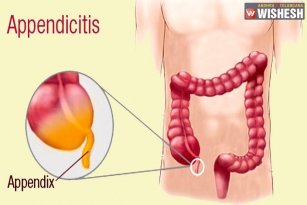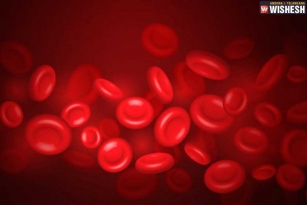
According to a recent study scientists revealed that, a hunger drug has been found to protect Alzheimer's-inflicted mice from memory deterioration, despite a high-glycemic-index (GI) diet meant to boost blood sugar levels. The experimental drug from the US-based Eli Lilly and Company mimics the hunger-signalling hormone ghrelin.
“With chronic diseases like diabetes and Alzheimer’s, you need to do a long-term study,” said Kadish, an assistant professor in the department of cell, developmental and integrative biology, UAB school of medicine. “So we did the long-term experiment with the worst-case scenario, a high-GI diet. Alzheimer’s disease has 10 or 20 risk factors, and some of the strongest risk factors are diabetes or metabolic syndrome,” he added.
In the study, the Alzheimer's disease-model mice showed deterioration in spatial learning as they turned older. The test mice fed with the ghrelin agonist and the high-GI diet showed long-term cognitive enhancement in this water maze test as compared to the mice fed with a normal diet or high-GI diet only. The test mice also showed more activity, reduced body weight and fat mass. They also showed a beneficial impact of the long-term ghrelin agonist treatment on insulin signalling pathways in hippocampal brain tissue.
Alzheimer's patients show significant shrinkage of the hippocampus, a part of the brain cortex that has a key role in forming new memories.
"The present results suggest that ghrelin might improve cognition in Alzheimer's disease via a central nervous system mechanism involving insulin signalling," authors of the study published in the journal Scientific Reports wrote.
By Lizitha













